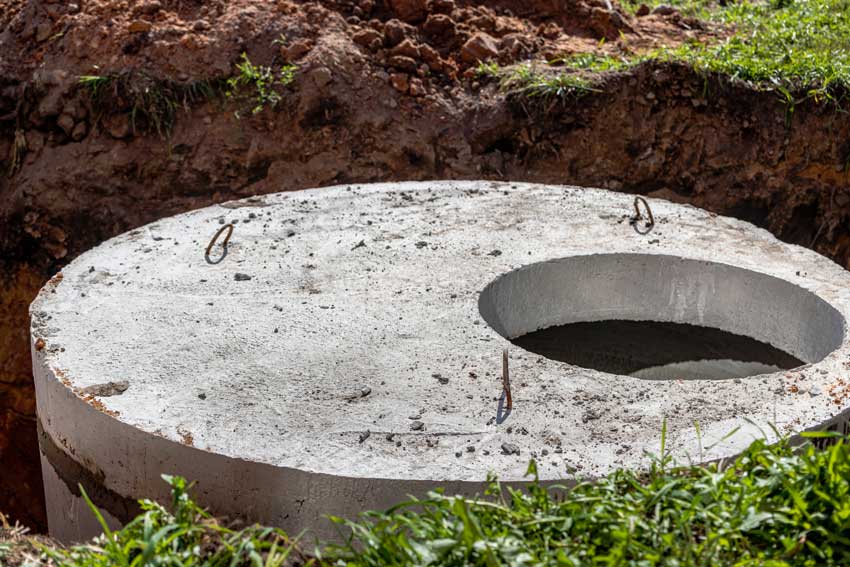
Maintaining your septic system is crucial for several reasons, as it directly impacts the longevity of the system, the health of the environment, and the safety of your household. A well-functioning septic system efficiently treats wastewater, preventing it from contaminating nearby water sources and protecting the local ecosystem. Here are some key reasons why maintaining your septic system should be a priority:
Preventing costly repairs
Septic systems are expensive to install and even more costly to repair or replace. Regular maintenance, such as pumping the septic tank on a schedule, can help prevent major problems down the road. Neglecting this upkeep can lead to system backups, clogs, and even total system failure, which could cost tens of thousands of dollars to fix. In contrast, routine maintenance is relatively inexpensive and can extend the life of your system, avoiding the need for expensive emergency repairs.
Environmental protection
A malfunctioning septic system can release untreated sewage into the soil, groundwater, or nearby bodies of water, leading to significant environmental damage. Wastewater contains harmful pathogens, chemicals, and nutrients that can pollute drinking water sources, lakes, rivers, and oceans. When septic systems fail, pollutants such as nitrogen and phosphorus seep into the soil and water, causing algal blooms that suffocate aquatic life and disrupt local ecosystems. Maintaining your septic system ensures that it functions properly, filtering and breaking down waste before it enters the environment.
Protecting public health
A poorly maintained septic system can pose serious health risks to your family and community. If the system becomes overloaded or fails, untreated wastewater can back up into your home or yard, exposing people to dangerous pathogens, bacteria, and viruses. These contaminants can cause a variety of health problems, from gastrointestinal illnesses to more serious infections. Regular septic maintenance reduces the risk of these health hazards by ensuring that wastewater is properly treated and safely disposed of.
Avoiding property damage
In addition to the potential health risks, a failing septic system can cause physical damage to your property. When a system is not maintained, the tank can become overfilled, leading to sewage backups in your home’s plumbing. This can result in water damage, unpleasant odors, and unsanitary conditions in your home. Sewage backups can also damage your yard, as the system may overflow and flood your property, ruining landscaping and creating a hazardous environment. Regular maintenance helps avoid these situations, protecting both your home and property value.
Increasing property value
A well-maintained septic system can increase the resale value of your home. Prospective buyers are more likely to be interested in a property with a properly functioning septic system, as they know it will not require immediate repairs or replacement. On the other hand, a neglected system can be a significant deterrent, leading to lower offers or even scaring away potential buyers altogether. Regular maintenance demonstrates responsible homeownership and can give you a competitive edge in the real estate market.
Conclusion
Maintaining your septic system is not only essential for protecting your investment but also for safeguarding public health and the environment. By scheduling regular inspections, pumping the tank as needed, and avoiding habits that could damage the system, you can ensure its longevity and proper functioning for years to come. In the long run, these preventative measures will save you money, protect your family, and help preserve the environment.

